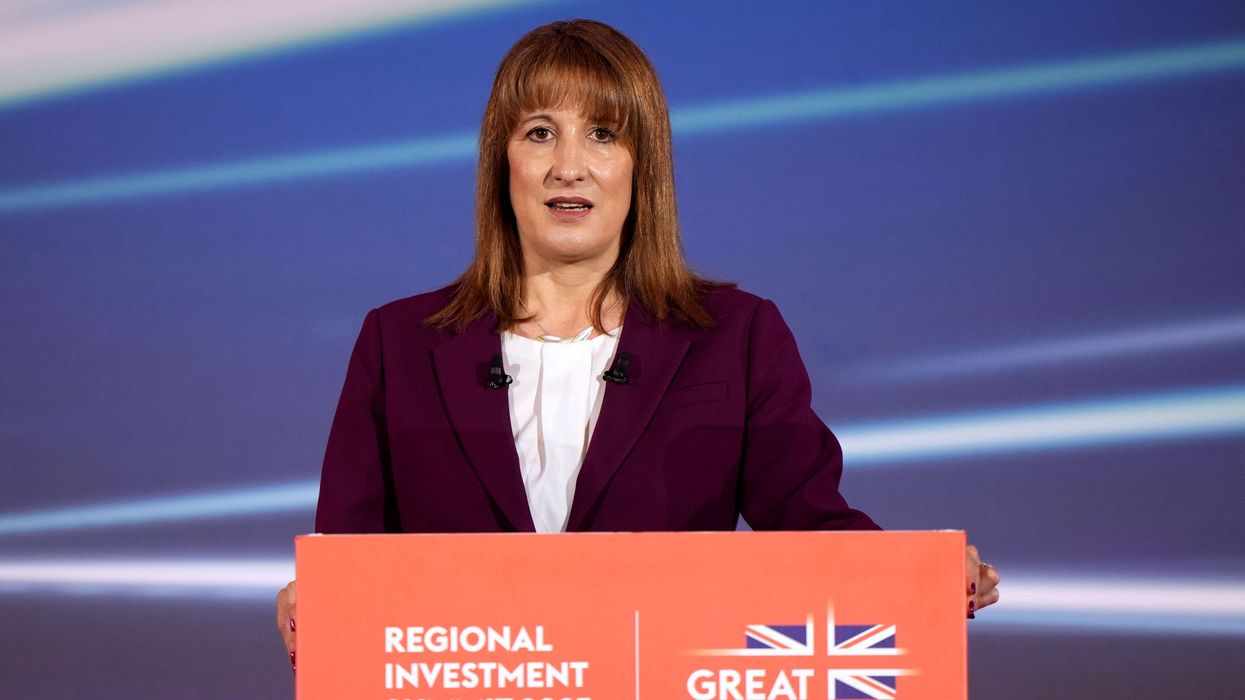Highlights:
- Rachel Reeves says the budget will involve “hard choices” to reduce UK debt.
- The chancellor signals possible broad tax rises to avoid a return to austerity.
- Reeves blames previous Conservative governments for the current economic challenges.
- The Resolution Foundation estimates she may need to raise taxes by £26 billion.
RACHEL REEVES on Tuesday described her second annual budget as one of "hard choices" to secure public spending while reducing the UK’s debt, indicating possible broad tax rises to avoid a return to "austerity".
In a speech delivered three weeks before the budget, Reeves outlined the economic backdrop she was facing, citing high debt levels, low productivity and inflation.
Reeves said the government would most likely have to make “hard choices” in the November 26 budget which would require “all here to contribute” to protect health, education and jobs, which she called the country’s priorities.
"As I take my decisions on both tax and spend, I will do what is necessary to protect families from high inflation and interest rates ... to protect our public services from a return to austerity," she told a news conference.
"I understand the urge for easy answers. Politicians of recent years have become addicted to shelling out for short-term sticking plaster solutions, rather than making long-term economic plans. They were irresponsible then, and those who continue to push for easy answers, they're irresponsible now."
Reeves said previous Conservative governments were to blame for the current state of the economy, and her comments suggested the Labour government could break its election manifesto pledge not to increase income tax, VAT or National Insurance.
The Resolution Foundation think tank – whose former head Torsten Bell is now a minister advising Reeves – has forecast that she will need to raise taxes by £26 billion.
(With inputs from Reuters)





